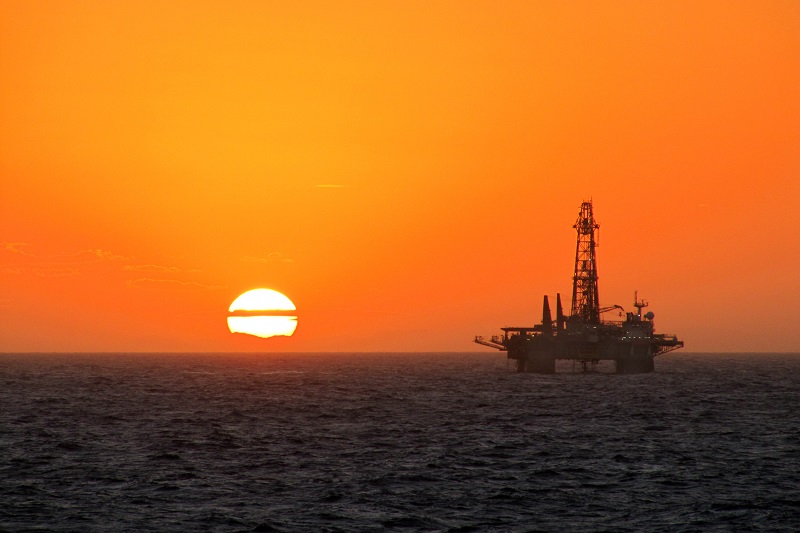Apicorp predicts regional energy investment slump

The energy sector lender says total spending in the Middle East and North Africa will be $792bn
Energy sector lender Arab Petroleum Investment Corporation (Apicorp) has predicted that total committed and planned investment in the Middle East and North Africa (Mena) energy sector during 2020-2024 will be $792bn.
In its recent Mena Energy Investment Outlook 2020-2024 report, Apicorp notes that this investment outlook is significantly lower than its forecast for the previous five-year cycle of $965bn.
Apicorp details Mena energy investments during 2020-24 will be led by:
- Saudi Arabia gas programmes – $39bn
- Saudi Arabia power programmes – $41bn
- Iraq reconstruction efforts and gas-to-power schemes – $33bn
- Iran gas projects – $48bn
- UAE oil capacity maximisation – $45bn
- Egypt new petrochemicals drive – $38bn
The gas value chain registered the highest increase in 2020 planned investments compared to Apicorp’s 2019 outlook at $28bn, due to regional national oil companies (NOCs) developing unconventional gas resources including Jafura in Saudi Arabia, Hail and Ghasha in Abu Dhabi, and increasing production capacity in Qatar, Egypt and Oman.
Completions and commissioning
However, planned investment outlook for the oil sector this year has also declined due to the completion of several capacity-increase projects during 2019.
Despite the 2020 crisis, “we did not consider for now major changes in petrochemicals investment plans, for example Amiral, Saudi Arabia; Borouge 4, UAE; and Egypt’s Western Desert petrochemicals cluster and Suez Economic Zone specialty petrochemicals plant,” Apicorp said in the report.
The private sector’s share in energy project investments, which had climbed to 22 per cent in last year’s outlook, dipped to 19 per cent
On the other hand, the power sector registered a $114bn decline due to the commissioning of several projects during 2019 in Egypt, the UAE and Saudi Arabia.
Meanwhile, the private sector’s share in energy project investments, which had climbed to 22 per cent in last year’s outlook, dipped to 19 per cent.
Capital costs have been cut across the board by at least 20 per cent, particularly in oil and gas, Apicorp noted, “opening the door for a possible wave of additional integration and mergers and acquisitions”.


